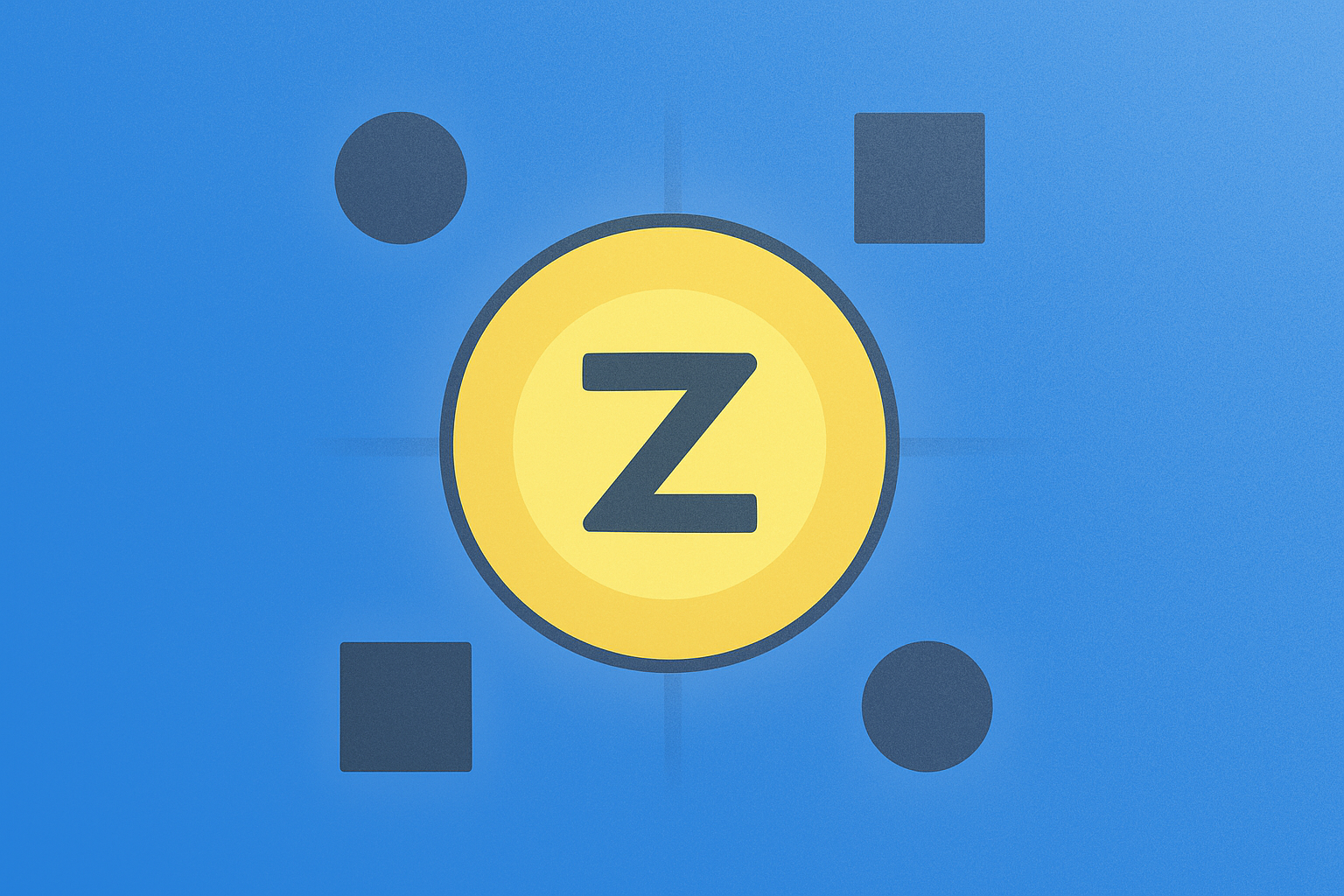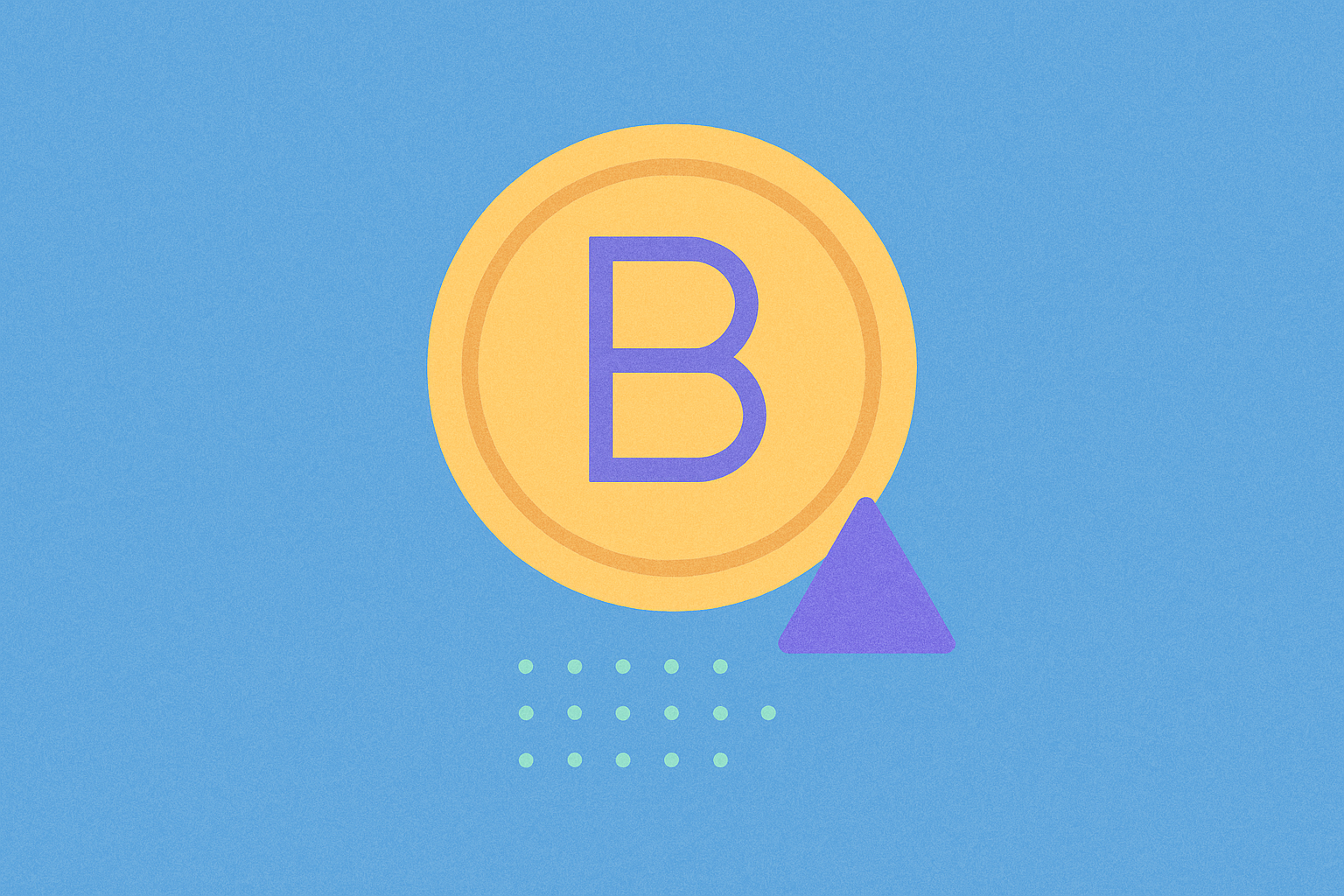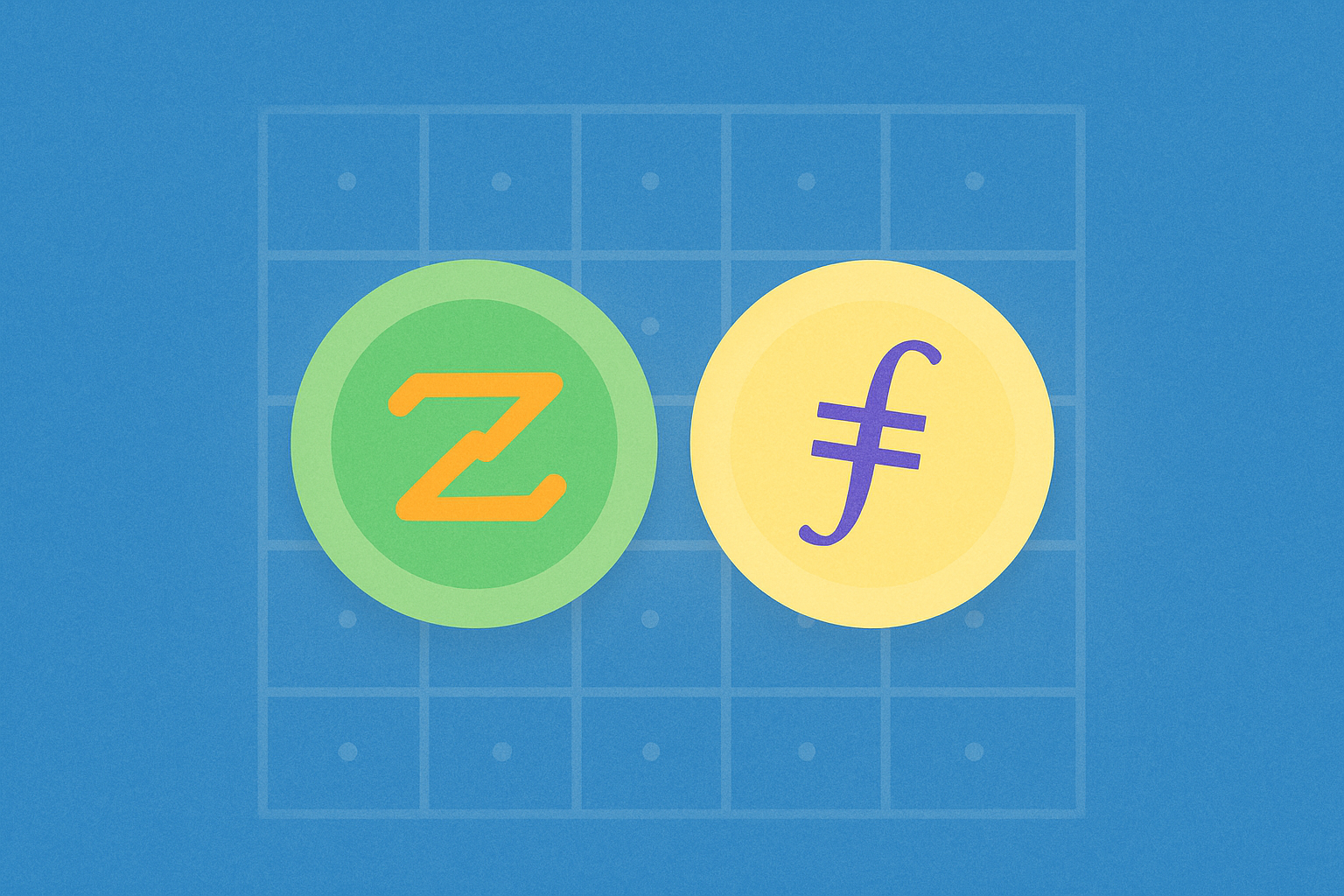Bitcoin'i Güvenli Bir Şekilde Bulma ve Talep Etme Yöntemleri

Talep Edilmeyen Bitcoin'in Gerçekliği: Efsaneler ve Gerçekler
Talep edilmemiş kavramıbitcoin birçok kripto para meraklısının hayalini cezbetmiştir, ancak gerçeği kurgudan ayırmak çok önemlidir. Yaygın inanışın aksine, talihli bireylerin talep etmesi için bekleyen büyük bir terkedilmiş bitcoin hazinesi yoktur. Gerçekte, "talep edilmemiş" bitcoin'in çoğu, kaybolmuş özel anahtarlar veya unutulmuş şifreler nedeniyle basitçe erişilemez durumdadır. 2023 yılında Chainalysis tarafından yapılan bir araştırma, yaklaşık 3.7 milyon bitcoin'in, o dönemde 150 milyar dolardan fazla bir değere sahip olarak, potansiyel olarak kaybolmuş veya erişilemez cüzdanlarda sıkışmış olduğunu tahmin etti. Bu, toplam bitcoin arzının yaklaşık %20'sini temsil eder ve uygun cüzdan yönetimi ve güvenlik uygulamalarının önemini vurgular.
Bir diğer yaygın mit, talep edilmemiş kripto para varlıkları için merkezi bir kayıt sisteminin varlığıdır. Geleneksel finansal sistemlerin aksine, talep edilmemiş bitcoin'i denetleyen bir hükümet veya merkezi otorite yoktur. Blockchain teknolojisinin merkeziyetsiz doğası, her bireyin dijital varlıklarına erişimi sürdürmekten tamamen sorumlu olduğu anlamına gelir. Kripto paraların bu temel özelliği, özel anahtarların ve yedek ifadelerin güvenli bir şekilde saklanmasının önemini vurgular.
Ayrıca, "talep edilmeyen bitcoin" teriminin kripto para birimi çatalları bağlamında sıklıkla yanlış kullanıldığını belirtmekte fayda var. Bir blockchain sert bir çataldan geçtiğinde ve yeni bir kripto para birimi oluşturduğunda, orijinal coin'in sahipleri yeni token'ın eşit bir miktarına hak kazanabilir. Ancak, bu çatallı coin'leri talep etmek aktif katılım gerektirir ve mevcut bitcoin varlıklarına kaybolmuş erişimi geri kazanmakla karıştırılmamalıdır.
Kayıp Kripto Para Erişimini Geri Kazanmanın Kanıtlanmış Yöntemleri
Bitcoin cüzdanlarına erişimi kaybedenler için, kurtarma için birkaç kanıtlanmış yöntem bulunmaktadır. En basit yaklaşım, tohum ifadeleri, özel anahtarlar veya şifre ipuçları gibi herhangi bir kaydedilmiş cüzdan bilgisi için sistematik bir arama yapmaktır. Bu süreç genellikle eski bilgisayar dosyalarını, e-posta hesaplarını ve bu tür kritik bilgilerin saklanmış olabileceği fiziksel notlar veya belgeleri taramayı içerir.
Bir diğer etkili teknik, gelişmiş şifre kurtarma araçlarının kullanımıdır. Bu özel yazılım uygulamaları, kullanıcı tarafından sağlanan kısmi bilgilere dayanarak, unutulmuş şifreleri milyonlarca olası kombinasyonu deneyerek yeniden oluşturmasına yardımcı olabilir. Bu yöntem zaman alıcı olsa da, birçok bireyin hesaplarına yeniden erişim sağlamalarına başarıyla yardımcı olmuştur.cüzdanlar.
Donanım cüzdanı kullanıcıları için PIN kodlarını kaybedenlerin çoğu saygın üretici, cihazın yedek kurtarma ifadesini kullanarak kurtarma süreçleri sunmaktadır. Bu, tohum ifadelerinin donanım cüzdanından ayrı bir şekilde güvenli bir şekilde saklanmasının kritik önemini vurgulamaktadır.Gate, önde gelen bir kripto para borsası, yedek ifadelerin fiziksel zarar veya kayba karşı korunması için kağıt cüzdanlar veya metal tohum depolama cihazları gibi çevrimdışı depolama yöntemlerinin kullanılmasını önermektedir.
Geleneksel kurtarma yöntemlerinin başarısız olduğu durumlarda, bazı kullanıcılar profesyonel "kripto avcıları" ile çalışarak başarı elde etmiştir. Bu uzmanlar, gelişmiş veri kurtarma tekniklerinde uzmanlaşmışlardır ve hasar görmüş veya biçimlendirilmiş sabit disklerden cüzdan dosyalarını geri alabilirler. Ancak, potansiyel dolandırıcılıklardan veya veri ihlallerinden kaçınmak için herhangi bir üçüncü taraf hizmetini dikkatlice incelemek çok önemlidir.
Gelecekte Bitcoin Kaybını Önlemek için Temel Güvenlik Uygulamaları
Güçlü güvenlik önlemlerinin uygulanması, bitcoin ve diğer kripto paraların kaybını önlemek için son derece önemlidir. En etkili stratejilerden biri, işlemleri yetkilendirmek için birden fazla özel anahtar gerektiren çoklu imza cüzdanlarının kullanılmasıdır. Bu yaklaşım, yetkisiz erişim veya tek bir hata noktasından kaynaklanan kayıplar riskini önemli ölçüde azaltır.
Cüzdan dosyalarının ve seed ifadelerinin düzenli yedeklenmesi de kritik öneme sahiptir. Uzmanlar, yedek bilgilerin birden fazla kopyasını oluşturmayı ve bunları coğrafi olarak farklı yerlerde saklamayı önermektedir, böylece fiziksel hasar veya kayıp riskini azaltabilirsiniz. Bazı kullanıcılar şifreli bulut depolama çözümlerini tercih ediyor, ancak bu hizmetler için güçlü, benzersiz şifreler kullanmak ve iki faktörlü kimlik doğrulamayı etkinleştirmek önemlidir.
Donanım cüzdanları, uzun vadeli bitcoin saklama için en güvenli seçeneklerden biri olmaya devam ediyor. Bu özel cihazlar, özel anahtarları çevrimdışı olarak saklar ve bu da hacking veya kötü amaçlı yazılım saldırıları riskini önemli ölçüde azaltır. Bir donanım cüzdanı seçerken, güvenilir markaları tercih etmek ve potansiyel olarak tehlikeye atılmış cihazlardan kaçınmak için doğrudan üreticilerden veya yetkili satıcılardan satın almak önemlidir.
Meşru Bitcoin Kurtarma Hizmetlerinin ve Tehlikeli Dolandırıcılıkların Değerlendirilmesi
Kayıp bitcoinlerini geri almak isteyen bireylerin artması, hem meşru hem de dolandırıcı olan bir kurtarma hizmetleri akışına yol açmıştır. İkisi arasında ayrım yapmak, dikkatli bir değerlendirme ve titizlik gerektirir. Meşru kurtarma hizmetleri genellikle şeffaf süreçler, net fiyat yapıları sunar ve başarı garantisi vermez. Genellikle cüzdan kurtarımı konusunda yardımcı olmak için teknik uzmanlık ve özel yazılım araçlarının bir kombinasyonunu kullanırlar.
| Özellik | Meşru Hizmetler | Potansiyel Dolandırıcılıklar |
|---|---|---|
| Fiyatlandırma Modeli | Açık, genellikle peşin ücretlerle | "Geri dönüşüm yok, ücret yok" vaatleri |
| Başarı Garantisi | Hiçbir garanti verilmemektedir | Garantili kurtarma talepleri |
| Gerekli Bilgi | Temel verilere sınırlıdır | Tam cüzdan erişimi talepleri |
| Şirket Arka Planı | Doğrulanabilir geçmiş ve uzmanlık | Doğrulanabilir bilginin eksikliği |
Blok zincir ağlarına iç erişim sağladığını iddia eden veya kaybolan fonların garantili geri kazanımını vaad eden hizmetlere dikkat etmek çok önemlidir. Bu genellikle potansiyel dolandırıcılıkları gösteren kırmızı bayraklardır. Gate gibi saygın platformlar, kullanıcıların bu tür dolandırıcılık şemalarını tanımlayıp kaçınmalarına yardımcı olmak için eğitim kaynakları sunar.
Bir kurtarma hizmeti düşünürken, kapsamlı araştırma yapmak esastır. Kanıtlanmış bir başarı geçmişine sahip, olumlu kullanıcı yorumları olan ve metodolojilerini net bir şekilde açıklayan şirketler arayın. Ayrıca, kripto para topluluğundaki güvenilir kaynaklardan tavsiyeler almak da tavsiye edilir. Unutmayın ki, hiçbir meşru hizmet, kullanıcının sağladığı herhangi bir cüzdan bilgisi veya erişim kimlik bilgisi olmadan bitcoin'i kurtaramaz.
Kullanıcılar, talep edilmemiş bitcoin'in gerçeklerini anlayarak, kanıtlanmış kurtarma yöntemlerini kullanarak, güçlü güvenlik uygulamaları uygulayarak ve kurtarma hizmetlerini dikkatlice değerlendirerek, dijital varlıklarına erişimlerini sürdürme ve potansiyel kayıplardan kaçınma şanslarını önemli ölçüde artırabilirler.

Kağıt Cüzdanlarla Kripto Güvenliğini Artırmak

Talep Edilmemiş Bitcoin'i Nasıl Talep Edersiniz: Adım Adım Kılavuz

Bitcoin QR Kodu Nasıl Tarayıcı: Yeni Başlayanlar İçin Adım Adım Kılavuz

24 Kelimelik Şifre İfadesi Nedir

Süresi Dolmuş Bir Adrese Bitcoin Gönderirseniz Ne Olur?

BTC Neden Bitcoin'i Temsil Eder: Kökeni ve Tanımı

Falcon Finance (FF) iyi bir yatırım mı?: Getiri, Risk ve Piyasa Potansiyelinin Kapsamlı Analizi

Zebec Protocol (ZBCN) iyi bir yatırım mı?: 2024’te Tokenomik, Kullanım Alanları ve Piyasa Potansiyeline Kapsamlı Analiz

Audiera (BEAT) iyi bir yatırım mı?: Tokenomik, piyasa potansiyeli ve risk faktörlerinin detaylı analizi

zkSync (ZK) iyi bir yatırım mı?: Katman 2 Ölçeklendirme Çözümleri ve Gelecek Perspektiflerinin Kapsamlı Analizi

TBC ve MANA: İki Önde Gelen Blockchain Yönetim Token’ının Kapsamlı Karşılaştırması







